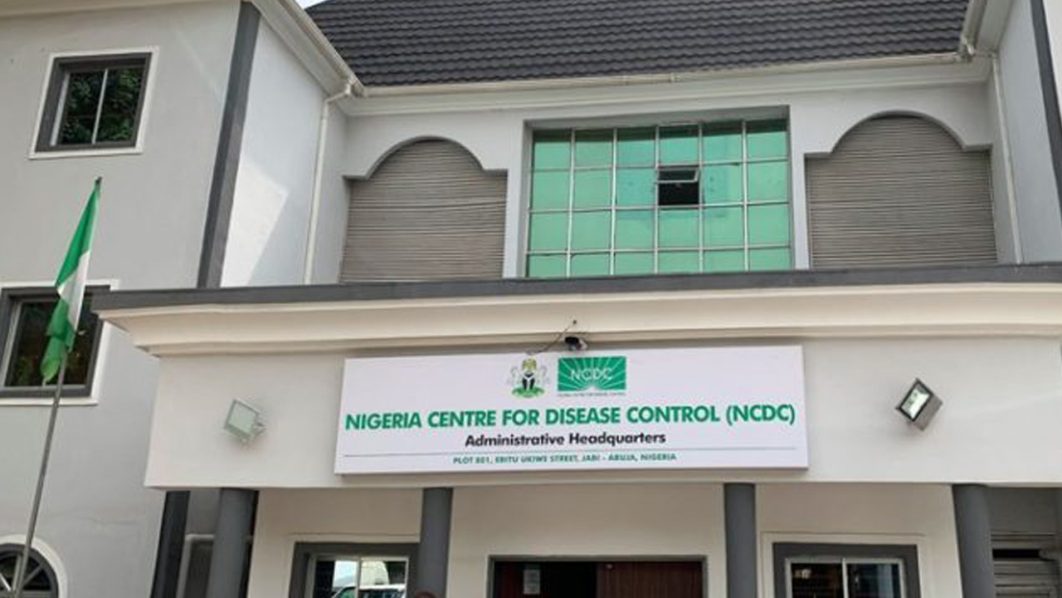
• Engage more doctors, Niger legislature tasks executive
• UNICEF, Tomori urge increased effort to tackle polio 2
Nigeria Centre for Disease Control and Protection (NCDC) said no fewer than 1,191 persons have been killed by diphtheria since May 2023 across Nigeria. In Niger State, the House of Assembly called on the executive to employ qualified medical doctors or engage the services of retired doctors on a contract basis to provide healthcare.
As Nigeria joins the world to mark the 2024 World Polio Day (WPD), the United Nations Children’s Fund (UNICEF) and Professor of Virology, Oyewole Tomori, have called on the Federal Government to increase immunisation coverage and intensify efforts to stop the circulating variant, Poliovirus Type 2 (cVPVD2) transmission, particularly in the Axis of Intractable transmission (AIT) states of Katsina, Kano, Zamfara, Sokoto and Kebbi.
The Incident Manager, National Diphtheria Emergency Operations Centre, NCDC, Dr Muzzammil Gadanya, disclosed this, yesterday, in Kaduna during the National Intra-Action Review Meeting for the Diphtheria outbreak. He said the country recorded more than 38,000 suspected cases and confirmed 23,000.
Gadanya said the primary focus of the meeting was to assess Nigeria’s response mechanisms and strengthen coordination efforts to prevent further spread of the disease.
Noting that there was a significant reduction in diphtheria cases nationwide, the manager said vaccines were available for routine immunisation, emphasising the need for continued efforts to sustain progress in containing the disease.
The Director, Healthcare, Nigeria Red Cross, Dr Manir Jega, said they would serve as an auxiliary to the government. He said, “Since the outbreak of diphtheria, we have supported the government by sending 3,700 community-based volunteers, who also engaged in house-to-house sensitisation.
“We also sensitised the populace by road shows, educating them on the symptoms of the disease.” The key participants included the International Federation of Red Cross (IFRC) and representatives from the sub-national bodies, who shared their experiences in managing diphtheria cases and provided updates on state-level responses.
The officials highlighted the need for increased public awareness about vaccination and the importance of active case-finding. Key recommendations made include expanding vaccination efforts, increasing public awareness initiatives and implementing active contact tracing in affected areas, with the hope that the actions would play a crucial role in reducing the epidemic in Nigeria and strengthening the country’s capacity to respond to future outbreaks.
NIGER Assembly resolved after a motion on ‘Matter of Urgent Public Importance urging the Executive Arm of Niger State Government to, as a Matter of Urgency Provide Doctors in Kontagora General Hospital’.
The motion was moved by Sani Umar, representing Kontagora 1 Constituency, during plenary yesterday. Calling on the executive to employ qualified medical doctors or engage the services of retired doctors on a contract basis to provide health care.
The lawmaker told the House that the employment of medical doctors would arrest the rate of untimely death in the Kontagora area of the state. He said, “Good health is indeed wealth. I want to inform the House that Kontagora General Hospital does not have a qualified doctor to provide life-saving procedures for many patients needing medical assistance.
“Sometimes, up to five patients die per day. With the economic realities facing the country, most families cannot afford to patronise private clinics; hence, they rely on medical services provided by public medical centres.”
UNICEF Chief of Health, Dr Eduardo Celades, in a chat with The Guardian, yesterday, in Abuja said the United Nations (UN) was able to stop cVPVD2 transmission in the AIT, pledging to end polio in about 20 countries.
Eduardo noted Nigeria’s low routine immunisation as a big concern, adding that there were places like Sokoto where only 11 per cent of the children under one year are vaccinated against Penta-3, stressing that it was one of the lowest in the world.
Tomori told The Guardian that Nigeria was still recording circulating vaccines derived polio virus due to low immunisation coverage. He said, “Immunisation coverage is not enough in terms of quantity and quality. Children are supposed to have so many doses when they are fully immunised but they don’t get the full dose, quality-wise.”






